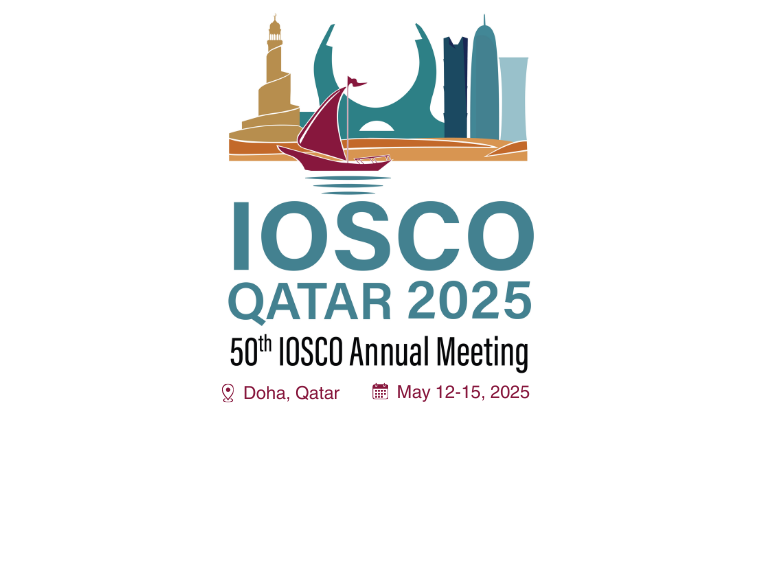The Financial Stability Board (FSB) is an international body comprising high-ranking officials from ministries of finance, central banks and supervisory authorities of the G20 countries and Spain. Further members are representatives of the European Commission, of international standard setting bodies (BCBS, IAIS, IOSCO, IASB and CPMI) and major financial organisations (IMF, World Bank, BIS, OECD, ECB, CGFS and the ECB Banking Supervision). The FSB monitors and makes recommendations about the global financial system.
The FSB emerged in 2009 as the successor to the Financial Stability Forum (FSF). The latter had been set up in 1999 following a proposal from the then Bundesbank President, Hans Tietmeyer, partly as a response to the Asian crisis.
On 2 April 2009, the Heads of State and Government of the G20 countries adopted a fundamental reform of the FSF at their summit in London, which included an expanded membership and a broadened mandate. The membership now includes all G20 countries, Spain and the European Commission. To cope with increased demands and expectations it was decided to place the FSF on stronger institutional grounds and re-launch it as the Financial Stability Board (FSB).
The FSB consists of the superordinated Plenary, a Steering Committee and a secretariat, which is based in Basel, Switzerland, at the Bank for International Settlements. The Plenary is the decision-making body of the FSB and meets twice a year in person and twice a year via webconferences. The plenary meetings are supplemented by regional meetings in Africa, the Americas, Asia and Europe as well as by the numerous meetings of the different FSB committees and working groups.
Among the main functions of the FSB is to monitor the international financial system for vulnerabilities and identify the actions needed to address them. The FSB also coordinates and promotes the exchange of information between the different authorities. In addition, the FSB plays a prominent role in cross-sectoral crisis management and resolution.





This is the Federal Financial Supervisory Authority of Germany. It oversees and regulates the financial markets within the country.
What BaFin does:
Supervises banks, insurance companies, investment funds, and brokers.
Monitors compliance with financial services laws.
Counteracts money laundering and the financing of terrorism.
Protects consumer rights in the financial market.
Issues licenses to financial institutions in Germany.
In simpler terms — it’s Germany’s main financial regulator, somewhat like a “Central Bank for market supervision.”
This is an international organization of securities commissions, bringing together financial market regulators from around the world.
What IOSCO does:
Develops international standards for financial market regulation.
Supports transparency, stability, and fairness in global markets.
Promotes information sharing between financial regulators of different countries.
Fights against market manipulation and financial fraud.
IOSCO is essentially a global club and coordinator of financial supervisory authorities from across the world, including major players like the SEC (USA), FCA (UK), and BaFin (Germany).
Why this is important:
Global financial markets are interconnected, so national laws alone cannot fully protect the market.
Through IOSCO, BaFin can gain access to information from other countries — for example, about a broker licensed offshore or about suspicious transactions.
Unified standards help regulate international companies (such as banks, brokers, and exchanges) that operate across multiple countries.